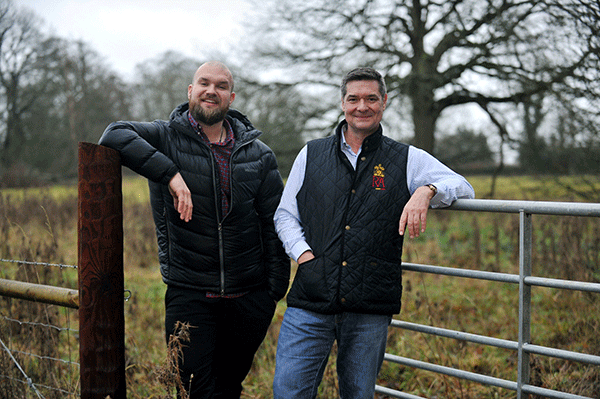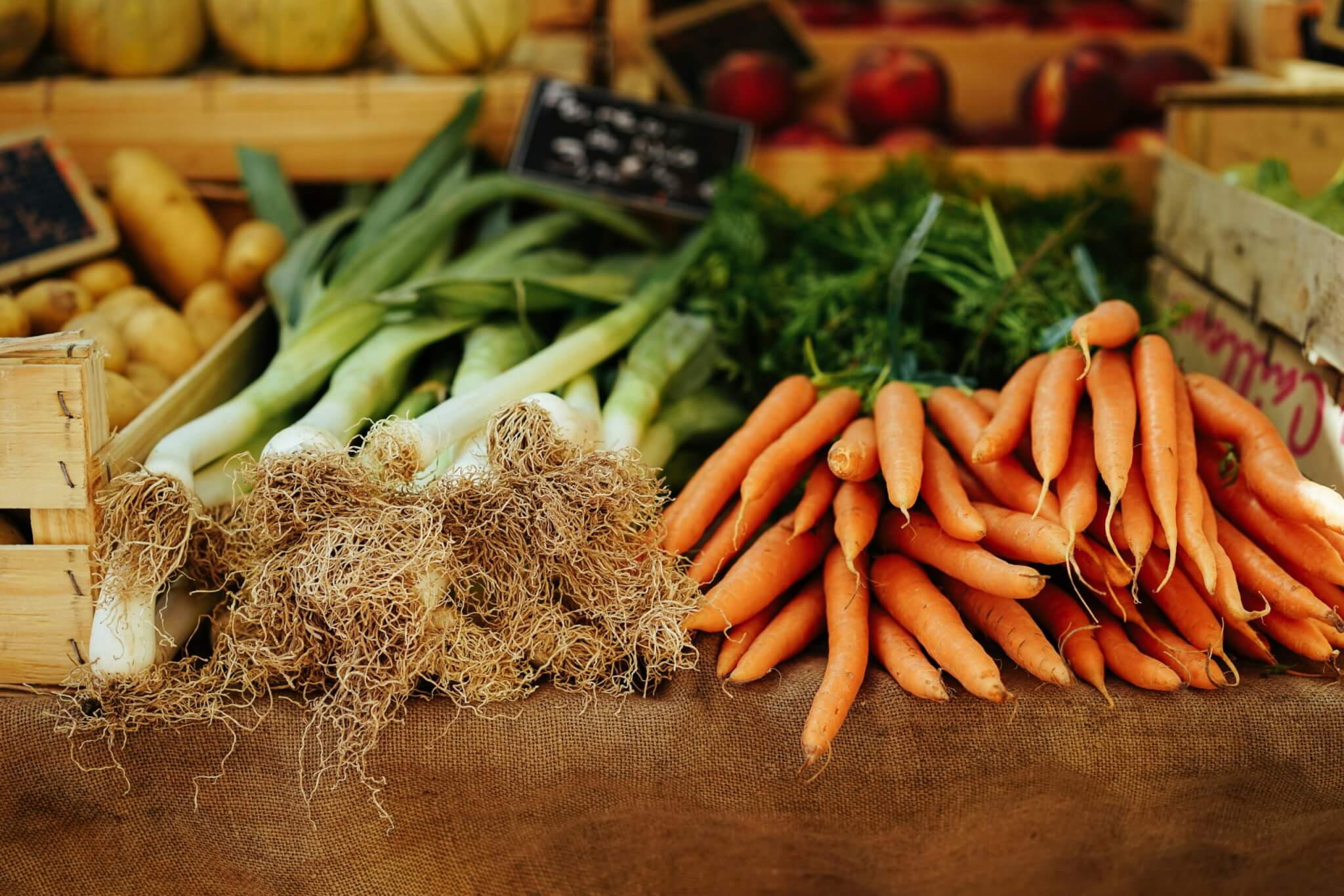Ethical consumers can vote for and then order the exact food they want to buy according to how it is produced and what price they want to pay, under a new initiative.
The Consumer Brand, which launched in the UK in 2019 as a new ‘bottom up’ food business model, is now actively recruiting both consumers and producers.
To participate, people can fill in a questionnaire to select product characteristics, and how much they think it is worth, with example questions including ‘where would you like your flour to come from?’ and ‘what price would you like to pay the farmer?’.
The team will then negotiate with producers, retailers and processors to bring the products that have been chosen to market. Two product questionnaires, for eggs and flour, are already live, with oats, honey and milk in the pipeline.

“We can be described as a ‘Fork to Farm’ initiative,” said co-founder David Poussier. “By which we believe that from our responsible consumption and commitment to fair trade for farmers, we are contributing to the start of a virtuous circle in the food supply chain.”
The brand was established in France as ‘C’est qui le patron?’, translating as ‘who is the boss?’, and is now sold in ten countries. It was set up to counter supermarkets’ drive for ever-cheaper goods and exploitive practices, and bring greater transparency about how much of the food price goes to farmers. In the UK, it works with schemes including Nature Friendly Farming Network and the RSPB’s Fair to Nature to validate its supply chain.
This article was initially published in the latest print issue of Wicked Leeks. You can read the full magazine online and for free via Issuu.












This initiative by The Consumer Brand is a fantastic example of how consumer power can be harnessed to drive ethical and sustainable food practices. Allowing consumers to vote on product characteristics and prices directly aligns with the growing demand for transparency and fair trade in the food industry. It’s encouraging to see a ‘Fork to Farm’ approach that prioritizes both responsible consumption and fair compensation for farmers. This model could set a new standard for brand reputation, showing how businesses can transform consumer issues into business opportunities. For more on this, check out this insightful article on brand reputation.